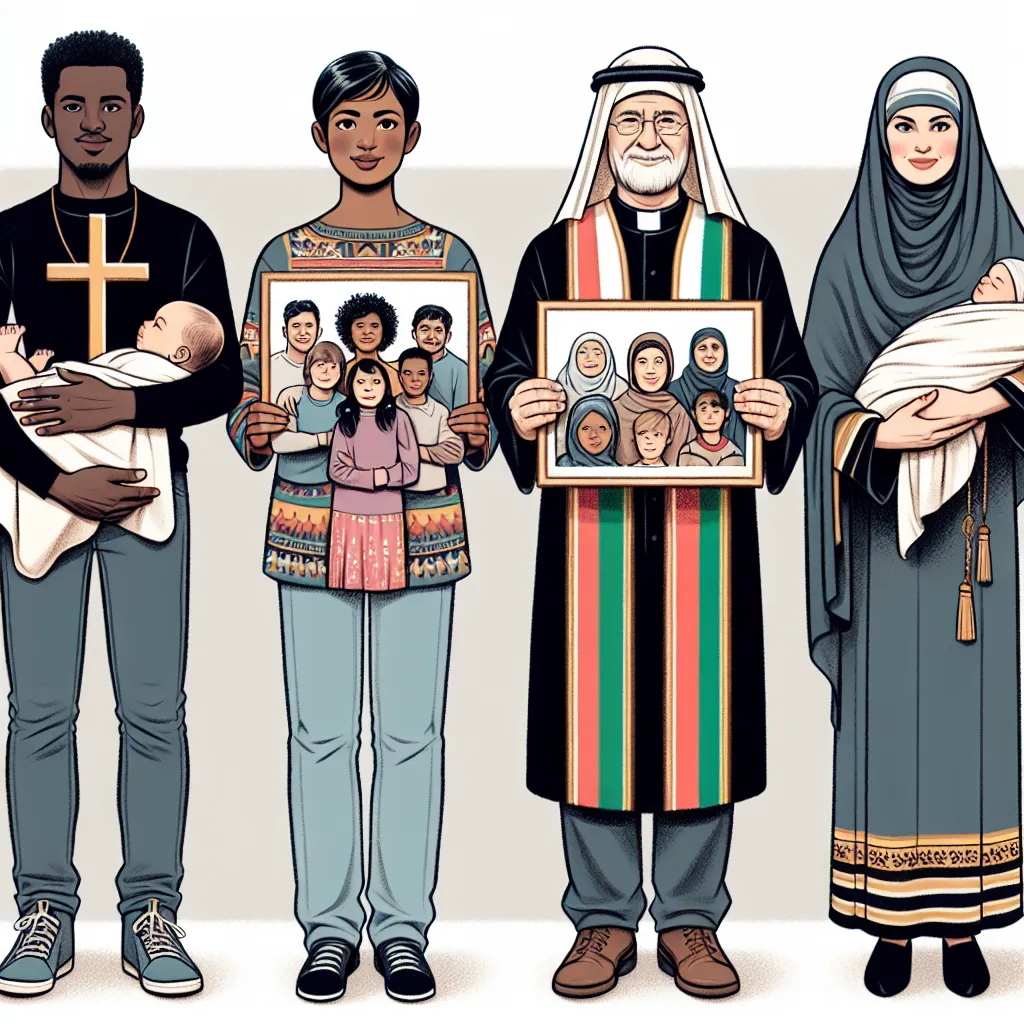Faith and spirituality have always played a big role in mental health and well-being. For many, these elements bring comfort, hope, and guidance, especially during tough times. Let’s explore how faith impacts mental health and why it’s such a powerful tool for overall well-being.
Faith and mental health seem to be best buddies. Loads of research show that faith positively affects not just mental health but physical health too. People who actively engage in religious activities usually report lower rates of depression and other mental health struggles. For example, those who participate in religious activities regularly are less likely to suffer from depressive disorders than those who don’t.
One standout benefit of faith is the sense of community it offers. When you’re part of a religious group, you automatically get a support network. Going to church services, prayer meetings, or other congregational gatherings gives structure to your social life, reducing loneliness and boosting well-being. These communities often have resources and activities that support both individuals and their families, making everyone feel included and connected.
Contemplative practices like meditation and prayer are other ways faith boosts mental health. Practices such as regular meditation, even just for 10-20 minutes a day, can do wonders for stress levels and overall mental well-being. Religious rituals, whether it’s daily prayers in Islam, the use of rosary beads in Catholicism, or chanting in Buddhism, serve as meditative tools that calm the mind and reduce stress.
When life throws curveballs, faith can be a powerful coping mechanism. Studies have found that people using spiritual coping strategies often have fewer symptoms of mental health issues. Activities like prayer, attending religious services, and reading sacred texts help individuals manage their symptoms and navigate life’s challenges better.
Faith offers a structured way to understand life’s hardships. Most major religions provide explanations for suffering, helping people make sense of their struggles. This sense of meaning and purpose is especially crucial for those dealing with mental health issues as it helps them address the inevitable “why me?” questions that arise during tough times.
Another critical aspect of faith is the community and social support it provides. Churches, mosques, temples, and other places of worship offer networks of people who genuinely care about each other. This sense of belonging can be a major source of comfort and strength, particularly for those who feel isolated or unsupported in their mental health journeys.
Volunteering and engaging in community service through religious organizations can also lift spirits and improve mental health. Volunteering not only improves mood but also reduces anxiety, as it allows individuals to connect with each other while contributing to the community’s well-being. Many religious organizations offer various opportunities for service, providing a positive outlet for community engagement.
The role of faith in therapy is becoming an area of growing interest. While some debate how best to incorporate faith into mental health care, research indicates that faith-informed therapies can be very beneficial. These therapies can imbue patients with new values and coping strategies aligned with their faith, enhancing their quality of life.
However, incorporating faith in therapy must be approached with sensitivity. Practitioners should balance the patient’s beliefs with scientific evidence to provide effective treatment. Various tools have been developed to assess patients’ spiritual needs, and incorporating spiritual themes into therapy has shown promise.
Faith is deeply personal and emotional, bringing socially desirable biases into play. These biases can be both helpful and challenging in a therapeutic setting. While some argue that promoting faith in therapy may not always be beneficial, its importance in patients’ lives cannot be overlooked. Practitioners must understand and respect the patient’s faith without letting biases affect the therapeutic relationship.
Of course, faith and spirituality aren’t limited to organized religion. For those uncomfortable with organized religion, there are still ways to tap into the benefits of spirituality. Many find peace and meaning in nature, art, music, or personal interests. Engaging in these activities can offer a much-needed break from the stresses that come with mental health challenges.
When it comes down to it, faith and spirituality are complex yet essential parts of human life that significantly impact mental health. Whether through organized religion or personal spiritual practices, these elements offer community, meaning, and coping mechanisms, making them valuable tools for managing mental health.
In today’s world, where mental health issues are increasingly common, understanding faith’s role can open up new support and healing avenues. By incorporating faith into therapeutic practices and recognizing its importance, more comprehensive and compassionate care can be provided. Faith can be a guiding light and a source of strength for navigating the intricate labyrinth of mental health.






